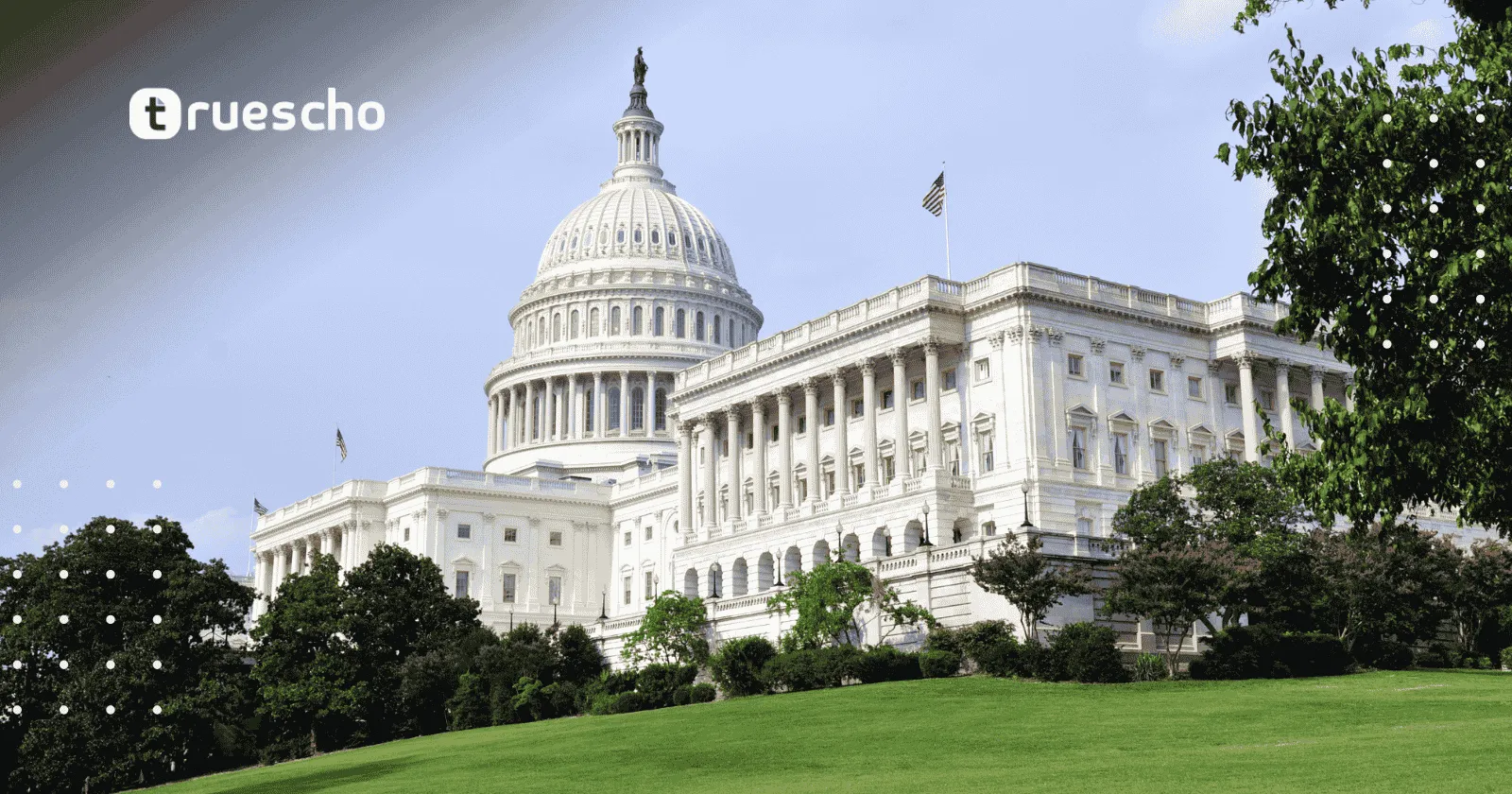Table of Contents
- Background and Strategic Rationale
- Comparative Developments in the Venture Capital Landscape
- Key Points of the Shift
- Impact on the Firm and the Venture Capital Community
- Expert Tips for Navigating Policy and Regulatory Changes
- What Lies Ahead for Sequoia Capital and Its Peers
- Industry Reactions and Future Projections
- Conclusion
Background and Strategic Rationale
Five years ago, Sequoia established its D.C. office with the intent to assist its portfolio companies with regulatory issues and foster strong relationships with U.S. policymakers. Over time, the dedicated policy team contributed to building valuable networks and acquiring important insights into the ever-changing regulatory landscape. In a recent statement, a Sequoia spokesperson emphasized that the firm’s policy efforts had enabled it to be “well-positioned to carry these relationships in the U.S. and Europe forward.”
“To that end, we are sunsetting the dedicated policy function and closing our D.C. office at the end of March. We are grateful to the team for their contributions and impact.”
The decision reflects a strategic recalibration. Sequoia believes that its prior policy initiatives have established a solid foundation, allowing the firm to maintain its influence and relationships without a continuously operating physical office and dedicated team. This pivot demonstrates confidence in the long-term benefits derived from initial investments in network-building and policy engagement.
Comparative Developments in the Venture Capital Landscape
Sequoia’s move contrasts with the ongoing trend among several venture capital firms remaining active in Capitol Hill. For instance, some firms have expanded their policy teams while integrating experienced political advisors into their operations. As examples of this trend emerged in recent months, certain firms have even appointed former political figures to advisory roles, reinforcing their commitment to engaging with current governmental priorities.
While Sequoia opts to consolidate its policy initiatives internally, other investors are doubling down on public-policy efforts amid a rapidly changing political climate. This divergence in strategy highlights the varied approaches within the venture capital community when addressing regulatory and political challenges.
Key Points of the Shift
- Resource Reallocation: The firm is reallocating resources from a dedicated policy function to other strategic areas while maintaining established relationships with policymakers.
- Long-Term Positioning: By emphasizing its foundational relationships, Sequoia aims to sustain its influence both domestically and internationally without the operational costs of a D.C. presence.
- Industry Trends: Notably, while many peers are expanding their policy departments, Sequoia’s decision underscores its unique approach to capitalizing on previously built networks.
Read also: N8N AI Agent: Breakthrough MCP Update
Impact on the Firm and the Venture Capital Community
The closure of the Washington, D.C. office affects not only the physical workspace but also the roles of several key team members. Sources have confirmed that the policy fellows along with three full-time employees will be impacted by these changes. Despite these workforce adjustments, Sequoia’s leadership asserts that the firm’s strategic guidance efforts have already laid the groundwork for continued success both in the U.S. and European markets.
For the broader venture capital industry, this development signals an evolution in how firms choose to manage their policy and regulatory engagements. As the political and regulatory environments continue to evolve, firms may adopt more flexible structures that rely on established networks rather than maintaining sizeable, dedicated policy teams.
While Sequoia has held a stance of political neutrality for the most part, there have been instances where individual partners expressed distinct political views. For example, Shaun Maguire, a partner at Sequoia, is known to be an outspoken supporter of former political figures and plays an active role in screening candidates for regulatory advisory roles. Such nuances illustrate the complex interplay between business strategy and political engagement in today’s market.
Expert Tips for Navigating Policy and Regulatory Changes
For startups and portfolio companies navigating the labyrinth of regulatory compliance, the evolving landscape offers several actionable insights:
- Leverage Established Networks: Even without a dedicated policy team, maintaining relationships with key policymakers and industry experts can prove invaluable. Engage in networking events, industry conferences, and direct communications to stay informed.
- Diversify Advisory Resources: In times of transition, consider collaborating with external advisors or consultants who have a strong grasp of regulatory affairs. This approach can provide an external perspective without the overhead of a full-time team.
- Stay Agile: Regulatory environments are dynamic. Be prepared to adapt quickly, reallocating resources to areas that align more closely with your business strategy and market conditions.
- Monitor Industry Trends: Keep a close eye on how peer firms adjust their strategies. A comparative approach can shed light on best practices and innovative solutions to policy-related challenges.
These strategies are not only relevant in times of change but also contribute to a more resilient business model capable of weathering the uncertainties inherent in regulatory shifts.
Read also: Firebase Studio Alternatives

What Lies Ahead for Sequoia Capital and Its Peers
While Sequoia’s decision to shutter its D.C. office and adjust its policy function has raised questions, industry experts are watching closely to see how this move will influence its operational flexibility and long-term strategic positioning. The firm’s belief that its groundwork in policy relationship-building remains robust indicates that even as it scales back on localized operations, it will continue to influence regulatory discussions through a more integrated framework.
This development serves as a reminder that the venture capital landscape is not monolithic. Instead, each firm adapts differently based on internal priorities and external pressures. Sequoia’s pivot might soon inspire similar strategic shifts in other firms as they evaluate the return on investment provided by dedicated policy teams versus more agile, network-driven approaches.
Moreover, the decision underscores the evolving nature of regulatory engagement in today’s hyper-connected business ecosystem. Instead of relying solely on traditional representations through physical offices, firms are increasingly leveraging digital communication channels and strategic partnerships to maintain influence across geographies.
Read also: OpenAI Optimus Alpha
Industry Reactions and Future Projections
The broader industry reaction has been one of cautious optimism viewed through the lens of strategic reinvestment. Investors and partners are reassured that Sequoia’s solid foundation of policy relationships will persist, even without a continuous presence in Washington, D.C. This measured approach has spurred discussions about the most efficient methods for sustaining influence in policy-making circles without incurring excessive operational costs.
Several industry experts speculate that Sequoia’s move could be part of a broader trend where venture capital firms lean towards a “hands-off” model in policy engagement, trusting their early investments in relationship-building to continue bearing fruit over time. This shift might also prompt a rethinking of how advisory roles are structured, with an increased reliance on hybrid models combining in-house expertise with external consultancy resources.
Additionally, the removal of traditional policy teams from day-to-day operations may lead to more centralized and streamlined decision-making processes within firms. By reducing bureaucratic layers, companies could potentially reallocate efforts towards innovation and market expansion.
As the regulatory landscape continues to evolve, the long-term impact of such strategic decisions will be closely monitored by both industry insiders and policymakers. The outcomes of these initiatives will likely provide valuable insights into the changing dynamics between venture capital and governmental policy-making.
Conclusion
Sequoia Capital’s decision to close its Washington, D.C. office and phase out its dedicated policy unit marks a notable shift in the firm’s approach to regulatory engagement. While the move comes at a time when many competitors are deepening their involvement in policy discussions, Sequoia is banking on the strength of its established networks and the strategic foundations laid over the past five years.
The firm’s ability to navigate this transition without compromising its influence—both in the U.S. and Europe—will serve as a valuable case study for other venture capital firms and companies facing similar regulatory challenges. Investors, policymakers, and stakeholders alike will be watching closely as Sequoia demonstrates that a robust network, combined with agile strategic decision-making, can overcome the need for expansive physical presences in key policymaking centers.
In summary, Sequoia’s strategic pivot not only highlights its confidence in the lasting value of its past investments but also reinforces the notion that in the ever-shifting landscape of venture capital and regulatory affairs, adaptability remains the key to long-term success.




